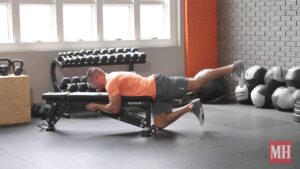Source: https://www.epainassist.com What is Heart Attack? Heart attack, it happens when there is a sudden and complete blockage of an artery that supplies blood to your heart. This also results in patients experiencing chest pain. During a heart attack, oxygenated blood supply that normally nourishes the heart is cut off and the heart muscle begins to die. Other medical terms used for a heart attack include myocardial infarction, coronary thrombosis, and cardiac infarction. If one believes that one is having the symptoms of a heart attack, person should call 911 immediately and seek medical attention. Heart attack is a medical emergency. What Are The Symptoms of Heart Attack? The most common signs and symptoms of heart attack include the following: •Pain, pressure, tightness or aching sensation in your chest or arms that may spread to your neck, jaw or back. •Shortness of breath •Cold sweat •Nausea, indigestion, heartburn or abdominal pain •Sudden dizziness or lightheadedness •Fatigue Not all people suffering from heart attack may have same symptoms, often symptoms differ from patient to patient due to their medical conditions. What Causes a Heart Attack? Heart attack occurs when plaque builds up along the course of an artery and narrows the channel through which blood flows to the heart. The plaque which blocks the heart is made up of cholesterol buildup and eventually may harden or calcify with calcium deposits. During heart attack, the patients often complain of severe chest pain. This pain is called angina. This is a medical emergency and should seek medical attention on emergency basis; otherwise, it leads to death of the patient. What Are The Risk Factors of Heart Attack? The following factors are associated with increased risk of a heart attack include: Age: Heart attacks usually occur in men and women at the age of over 45 and 55 respectively. High Cholesterol Levels: These can augment the chance of blood clots in the arteries. Angina: It causes chest pain due to lack of blood supply or oxygen to the heart. Diabetes: It can increase the risk of heart attack. Diet: Consuming high quantities of saturated fats will increase the chances of a heart attack. Obesity: Significant overweight can surely put pressure on the heart. Physical inactivity is a factor that significantly increases heart attack risk, and the more active people are, the lower is their risk of having a heart attack. In addition to the above risk factors of heart attack, many more factors may also affect the risk of heart attack, please contact your cardiologist for more details. Related Articles: Heart Attack or Myocardial Infarction (MI): http://www.epainassist.com/chest-pain/heart/heart-attack-or-myocardial-infarction-mi Chest Pain or Tightness: http://www.epainassist.com/chest-pain/chest-pain-or-tightness Myocarditis or Inflammation of Heart Muscles: http://www.epainassist.com/chest-pain/heart/myocarditis-or-inflammation-of-heart-muscles Costosternal Syndrome or Costochondritis or Chest Wall Pain: http://www.epainassist.com/chest-pain/costosternal-syndrome-or-costochondritis-or-chest-wall-pain Follow us: Facebook: https://www.facebook.com/Epainassistcom-370683123050810/?ref=hl https://www.facebook.com/painassist/?ref=aymt_homepage_panel Twitter: https://twitter.com/ePainAssist G+: https://plus.google.com/+Epainassist Linkedin: https://www.linkedin.com/in/epainassist Subscribe for more Health & Fitness Related Videos: https://www.youtube.com/user/epainassist1?sub_confirmation=1
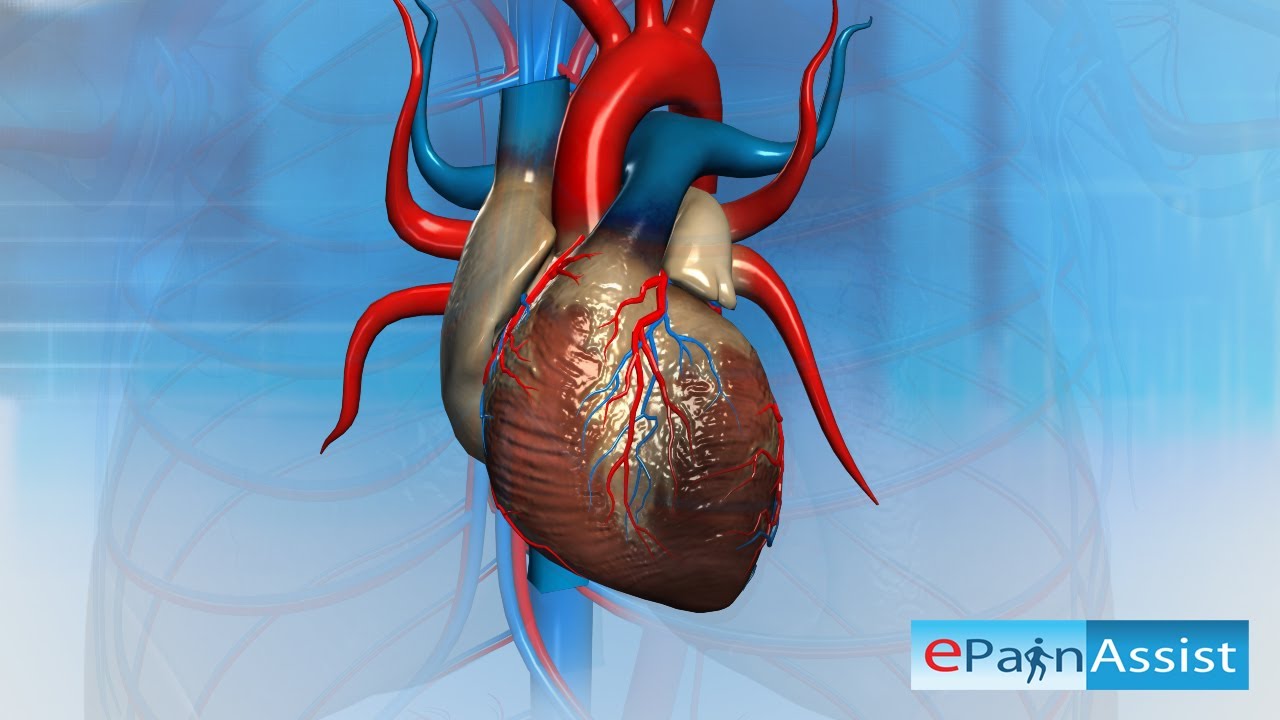
Heart Attack-What Can Cause a Heart To Stop Beating?
- Post author:
- Post published:May 24, 2021
- Post category:Uncategorized
- Post comments:0 Comments
You Might Also Like

What does ornithine mean?

Why Do Newborn Babies Get Jaundice?
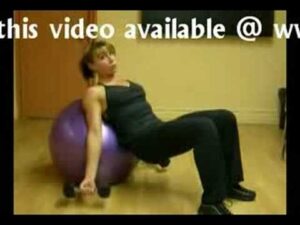
Incline Dumbbell Bicep Curl Swiss Ball Exercise
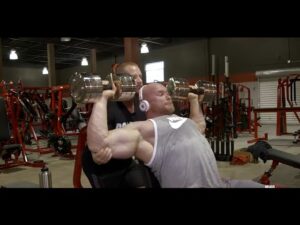
Human Body, Body Building Muscle Building Anatomy Physiology Video – 28

HGH, Growth Hormones & Plant Hormones Video – 12

Should You Take Whey Protein Powder? Are Protein Powders Necessary?
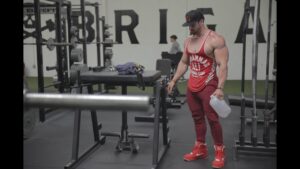
Bradley Martyn | Rear Delt work | Shoulder WORK!
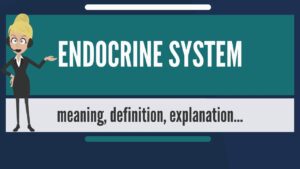
What is ENDOCRINE SYSTEM? What does ENDOCRINE SYSTEM mean? ENDOCRINE SYSTEM meaning & explanation
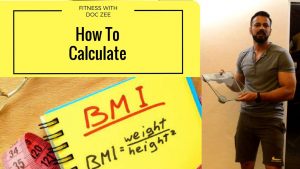
BMI – Body Mass Index
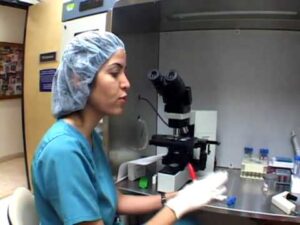
Andrology Video – 4
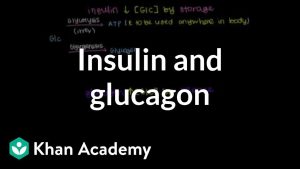
Insulin and glucagon | Chemical Processes | MCAT | Khan Academy
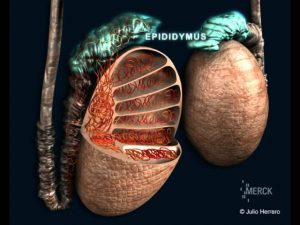
THE MALE REPRODUCTIVE SYSTEM

Swimming Video – 3
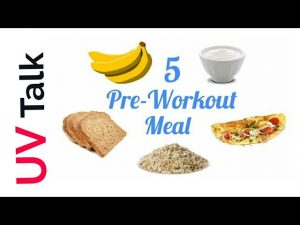
5 Best pre-workout meal for Muscle Gain |
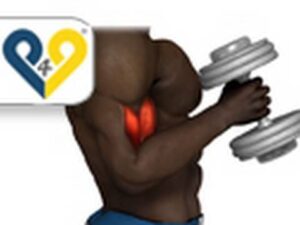
Alternating hammer curls (standing with dumbbells)

Spa Resort Video – 1
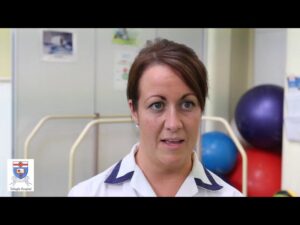
Branches of Physiotherapy Video – 32
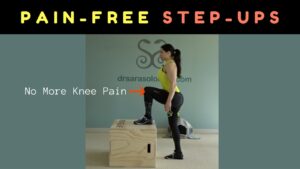
Step Up-6
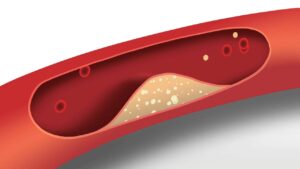
Blood Pressure Animation | Heart disease risk factors
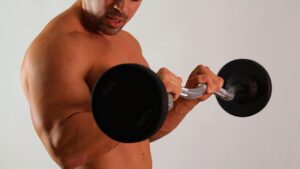
How to Do a Reverse Curl | Arm Workout
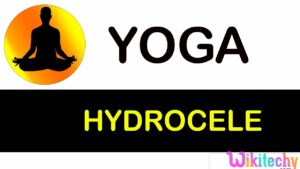
hydrocele | symptoms of | avoid foods | foods taken | acupressure | Exercise | for hydrocele
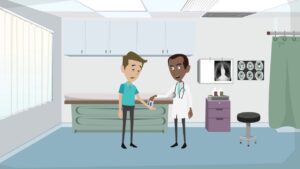
Testosterone & Androgenic Effects Video – 30

Dermatology Video – 1
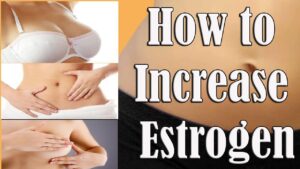
hormone replacement therapy – How to Increase Estrogen Healthy Life Styles
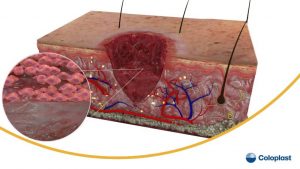
Wound Healing
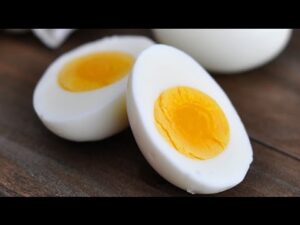
5 Foods High in Vitamin B12
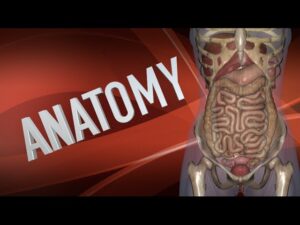
Endocrine System Chart – Quiz
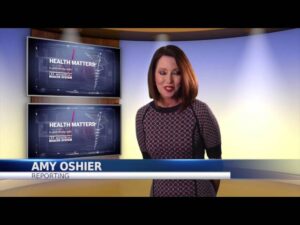
Food Guide Pyramid Video – 1
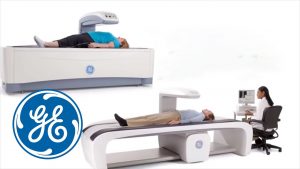
DXA technology from GE Healthcare provides high precision and accuracy | GE Healthcare

Overhead One Arm Dumbbell Triceps Extension

Nutrition & Diets : Tips to Prevent Weight Gain While Trying to Quit Smoking
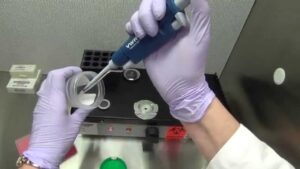
Andrology Video – 5
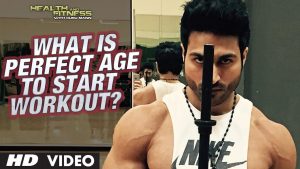
What is Perfect Age to start Workout? | Guru Mann | Health and Fitness HD

Human Transmutation Circle – Slower Version
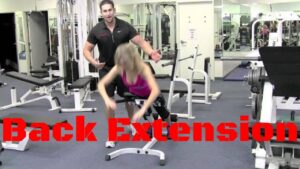
Hyperextension With Machine-5
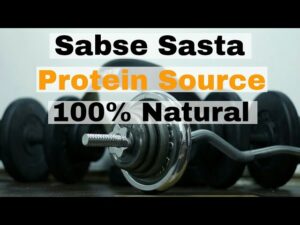
Cheapest Source Of Protein & Carbohydrates – To Make Muscles & bodybuilding supplements
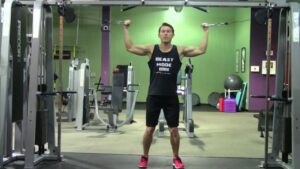
High Cable Curls – HASfit Biceps Exercise Demonstration – Cable Curl – Bicep Exercises – Bicep Curl
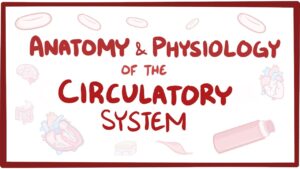
Anatomy & physiology of the circulatory system (heart)
Diet, Sports Nutrition & Supplementation
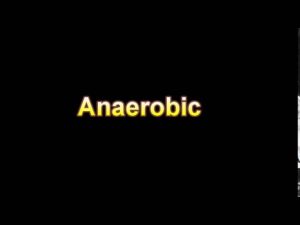
What Is The Definition Of Anaerobic Medical Dictionary Free Online
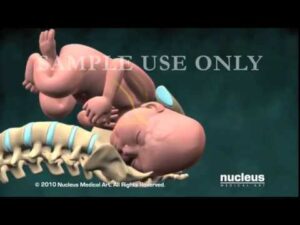
Gynecology Video – 3
